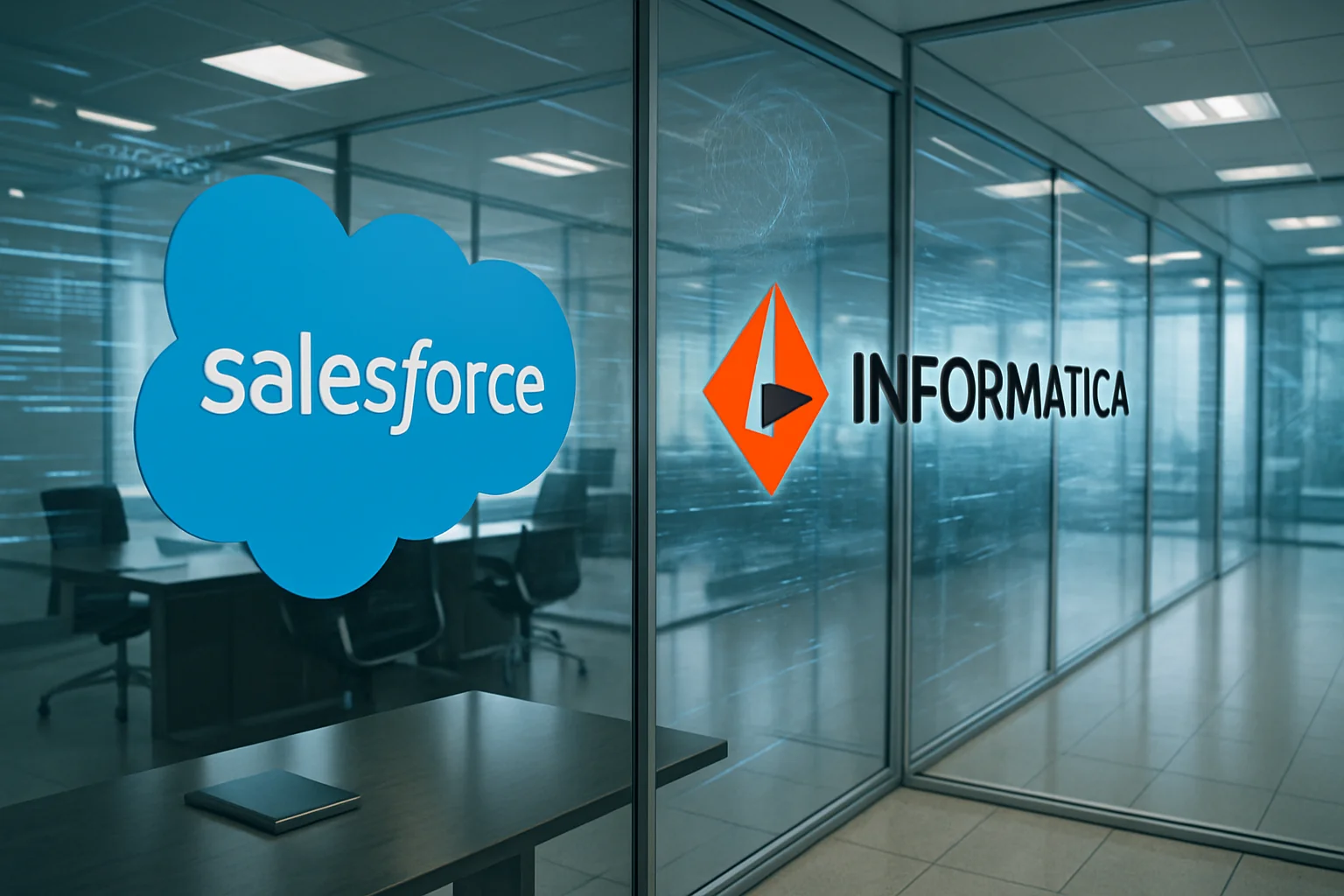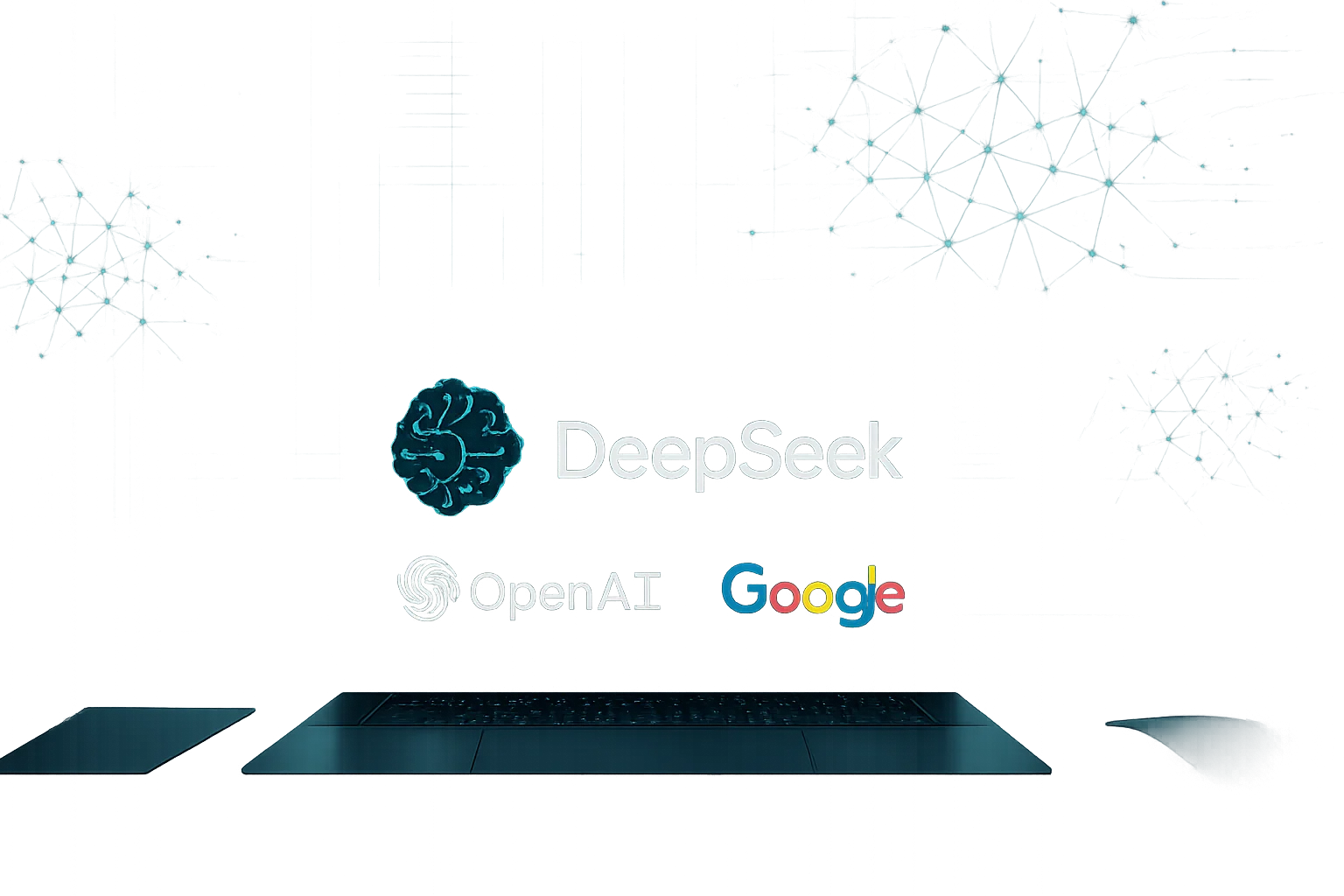Salesforce has announced a major move to strengthen its position in the enterprise technology landscape with the $8 billion acquisition of Informatica. This strategic deal brings together two established leaders in enterprise software, each with decades of experience in data management and cloud solutions.
Informatica’s Evolution and AI Ambitions
Founded in 1993, Informatica has long been a pioneer in the ETL (Extract, Transform, Load) market and has continuously evolved to embrace cloud, SaaS, and most recently, generative AI. At its recent Informatica World event, the company unveiled new agentic AI offerings aimed at improving enterprise data management and operations.
By acquiring Informatica, Salesforce seeks to enhance its trusted data foundation for deploying agentic AI. The integration will combine Informatica’s robust data catalog, integration, governance, quality, privacy, and Master Data Management (MDM) capabilities with Salesforce’s Data Cloud, Agentforce, Tableau, MuleSoft, and Customer 360 platforms.
“The combination of Informatica’s rich data catalog, data integration, governance, quality and privacy, metadata management and Master Data Management (MDM) services with the Salesforce platform will establish a unified architecture for agentic AI—enabling AI agents to operate safely, responsibly and at scale, across the modern enterprise,” wrote Amit Walia, CEO of Informatica, in a LinkedIn post.
Strategic Impact for Salesforce and Its Customers
This acquisition follows Salesforce’s history of major deals, including Slack ($28 billion in 2021), Tableau ($16 billion in 2019), and MuleSoft ($6.5 billion in 2018). These moves have expanded Salesforce’s capabilities and market reach, with each acquisition contributing to the company’s growth.
Forrester Analyst Noel Yuhanna highlighted that Informatica fills a crucial gap in Salesforce’s data management portfolio. “The acquisition markedly elevates Salesforce’s position across all critical dimensions of modern data management, including data integration, ingestion, pipelines, master data management, metadata management, transformation, preparation, quality and governance in the cloud,” Yuhanna told VentureBeat. He emphasized that these capabilities are foundational for building an AI-ready enterprise, especially as the industry accelerates toward agentic AI.
Yuhanna added that the acquisition will enable Salesforce to deliver a unified customer data fabric, supporting real-time data integration across diverse sources and enhancing advanced customer engagement.
Agentic AI at the Forefront
The deal is largely driven by the growing importance of agentic AI—AI systems capable of autonomous action and decision-making. Hyoun Park, CEO and Chief Analyst at Amalgam Insights, noted that the acquisition positions Salesforce to compete more effectively in the agentic AI space, particularly against rivals like ServiceNow and Boomi.
While there is some overlap with Salesforce’s existing MuleSoft capabilities, Informatica’s advanced data management, cataloging, and security features are seen as more comprehensive and up-to-date.
Unlocking the Power of Data for AI
Kevin Petrie, vice president of research at BARC, explained that successful agent strategies depend on the integration of models, applications, and data. “Salesforce gains significant strength in the data realm, especially metadata and cataloging, through this acquisition,” Petrie said. He also stressed the importance of allowing Informatica sufficient autonomy to continue serving its existing customers and extending its broad data management capabilities.
What This Means for Enterprise Users
For Salesforce customers, the acquisition promises seamless access to all types of customer data—whether within Salesforce or from external systems—in real time. This unified data fabric is expected to deliver actionable insights across every channel and touchpoint, accelerating the deployment of agentic AI and enabling low-code, low-maintenance solutions that reduce complexity and time to value.
Informatica customers stand to benefit from the expanded reach and innovation potential of the Salesforce ecosystem. As intelligent agents automate core data functions, processes like data ingestion, integration, and pipeline orchestration will become more efficient, requiring minimal human intervention. This shift is expected to drive greater operational agility and enhanced returns on data investments.
Ultimately, the Salesforce-Informatica deal signals a new era for enterprise data management and AI, promising faster innovation, improved customer experiences, and a stronger foundation for the future of agentic AI.




